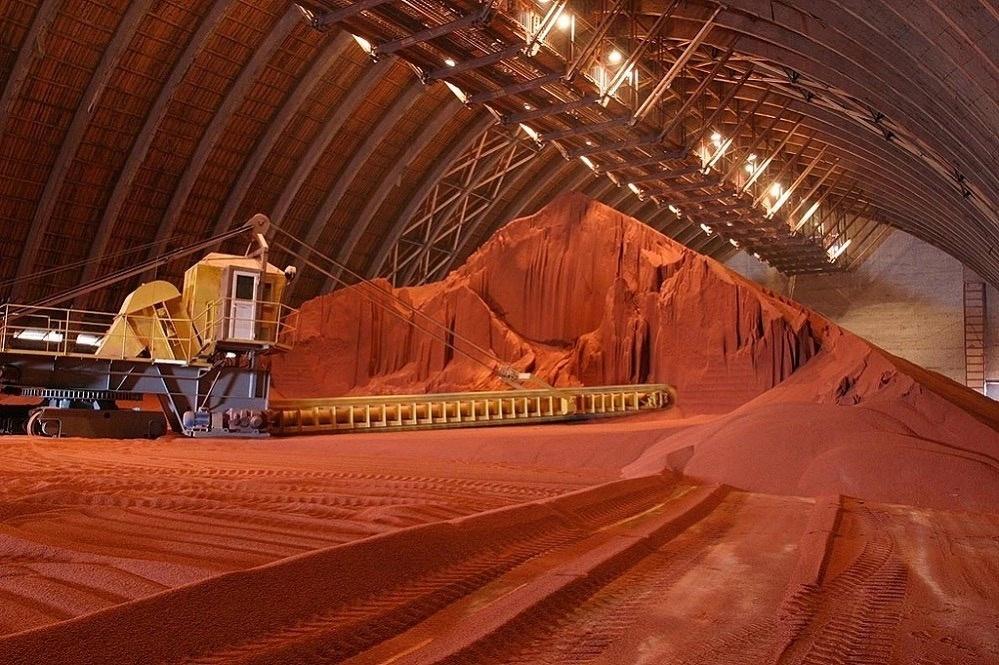Potash refers to various mined and manufactured salts that contain potassium in water-soluble form. Potassium is one of the three primary plant nutrients, along with nitrogen and phosphorus. The most common sources of potash are salts such as potassium chloride, potassium magnesium sulfate, and potassium sulfate. These are manufactured from mineral deposits gathered from around the world.
Role of Potassium in Plant Growth
Plants require potassium to grow healthy and support important functions. It plays a key role in biosynthesis of proteins, carbohydrates, starches and enzymes. Potassium regulates plant metabolism, respiration, photochemistry and translocation of carbohydrates. It also helps in water regulation and nutrient uptake in plants. Adequate potassium improves photosynthesis rate, crop quality and yield. Deficiency of potassium leads to stunted growth, reduced yields, disease susceptibility and weakened stems prone to lodging.
Importance of Potash Fertilizers
Potash Fertilizers are crucial for optimum plant growth and development. They help improve nutrient value, taste, texture, storage life and disease resistance of crops. Some key benefits of using potash fertilizers are:
- Increased Crop Yields: Potash fertilization increases crop yields significantly by improving plant size, strength and productivity. It leads to better filled grains, fruits and vegetables.
- Crop Quality: Potassium promotes sugar and starch accumulation in fruits, tubers and roots. It enhances nutritional value, taste and cooking quality of produce.
- Disease Resistance: Potassium improves plant immunity and resistance to fungal and bacterial diseases. It strengthens cell walls making plants less prone to damage.
Get more insights on - Potash Fertilizers

